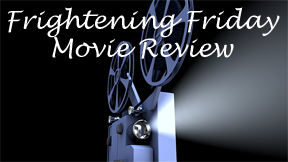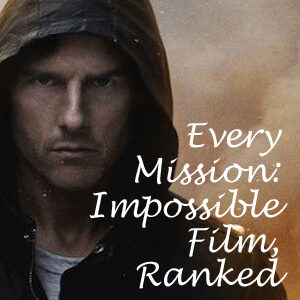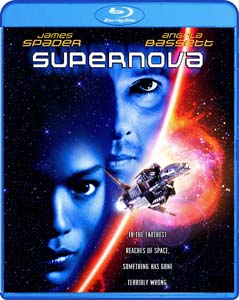“Supernova” (2000) was disowned by director Walter Hill (a writer on “Aliens” and “Alien 3”) before its release (the fake name Thomas Lee is used), it was dumped to theaters in January, and it came out a couple years after the similarly themed “Event Horizon” and “Sphere.” It didn’t have much going for it. On the other hand, there’s one benefit of the low bar: People might come away saying “Well, it wasn’t that bad.”
No time to think
“Supernova” does fit that bill. It’s mildly interesting to think about what David C. Wilson (screenwriter) and William Malone and Daniel Chuba (story) were going for. They explore the scary, weird, almost magical aspects of evolution and passing on one’s genes. But, as it reads as a finished product, it’s too sped-up. The material calls for a meditative approach more like, well, “Sphere.”
Troy (Peter Facinelli), the lone survivor of a rogue-moon mine picked up by the deep-space ambulance Nightingale, particularly benefits from the superhuman qualities granted him by an alien ovoid. Others less so, but everyone is somewhat influenced.

“Supernova” (2000)
Director: Walter Hill (as Thomas Lee)
Writers: David C. Wilson (screenplay); William Malone, Daniel Chuba (story)
Stars: James Spader, Peter Facinelli, Robin Tunney
Although “Supernova” immediately gives us character beats for everyone, I didn’t connect with any of them. There’s a coldness to the film, but only partially in a good way – in the sense that space is empty and foreboding.
Future shipboard life
Still, the crew members aren’t exactly cold toward each other. Coupled up on the ship are Yerzy (Lou Diamond Phillips) and Danika (Robin Tunney), Nick (James Spader) and Kaela (Angela Bassett), and Benj (“My So-Called Life’s” Wilson Cruz) and the ship’s computer, Sweetie (voiced by Vanessa Marshall). (Unfortunately, the best chemistry is between Benj and the computer.) There’s also a robot, perhaps reprogrammed one too many times, who shuffles about like Woody Allen in “Sleeper.”
There’s a fair amount of space-nudity (modesty is no longer a cultural norm) and space-sex, and talk about offspring, genetics and scientific advancements. The writers pepper in a “What’s real?” element with Nick’s and Troy’s former addictions to the drug Hazen, and “Supernova” has an intriguingly surreal blue palette that might’ve rewarded further exploration of this idea.
“Supernova” often works at cross-purposes. David Williams’ music features a lot of that sound from “Jurassic Park” when the mosquito in amber is revealed. He’s trying to indicate a sense of awe. The hand-held camera work is noticeable, not to the point of being annoying, but to the point of not being right for this movie.
Most of the performances are low-key and serious. No one is phoning it in, and Facinelli in particular has a good time with his horror-villain turn. He’s so obviously the villain that there’s not much suspense or surprise. Yet he is the life of the movie in the back half; his entry into a love triangle with Danika and Yerzy spices up the proceedings until the conflict’s harsh conclusion.

Deep blue space
The film’s color scheme is a soothing blue as the Nightingale is slowly being drawn into a blue giant, which has also captured the rogue moon. The high-tech ship and rugged mining outpost look respectably futuristic under the production design of Marek Dobrowolski. The tech is stuff we’ve seen elsewhere, although this film features the most horrific instance of a cryo-pod malfunction prior to “Alien Covenant,” and one of the quickest exits of a touted actor (Robert Forster) since Drew Barrymore in “Scream.”
Speaking of “Alien Covenant,” on which Hill served as a producer, I think “Supernova” was trying to be what that 2017 film ended up being: An immersive dive into genetics, with an emphasis on unnatural experimental outcomes. The film is intellectual, but too understated. It doesn’t encourage thought, and could come off as empty to a viewer who needs more of a hook.
“Supernova” is never hilariously bad, like you might assume from its production woes. If you look at any individual nugget (a performance, a music cue, a setting), it’s professionally done. It’s not unpleasant to watch, but I’d like it more if so many similar and superior films didn’t exist.

